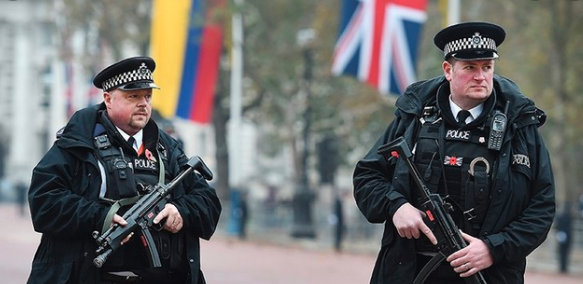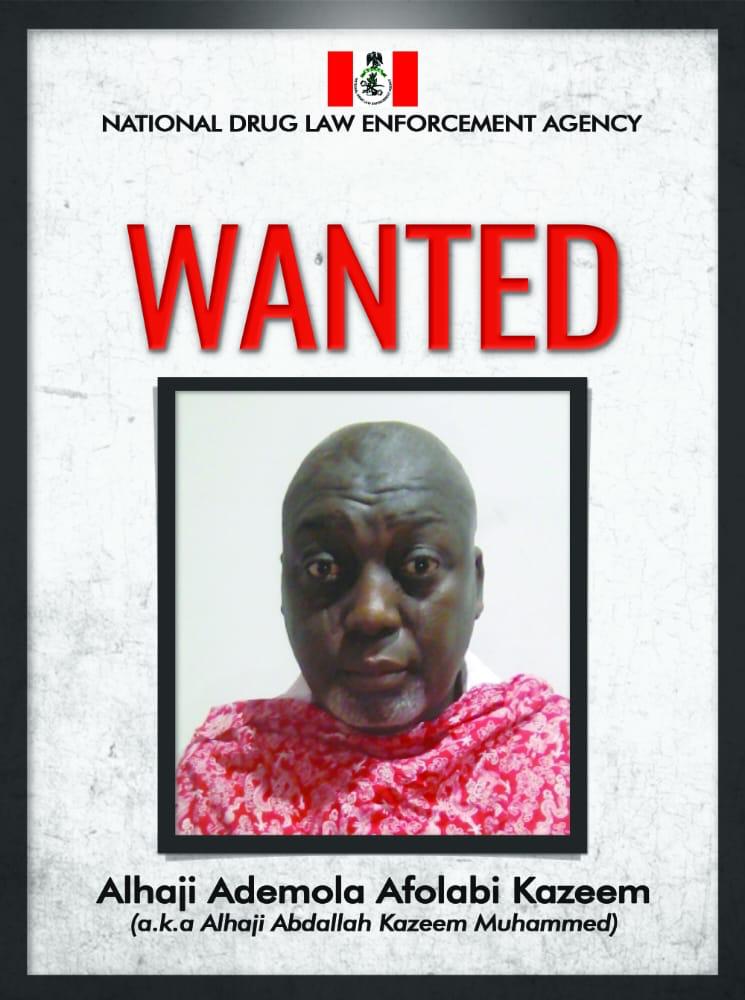By Thomas Buckley/
In the coming months, billions of doses of coronavirus vaccines will be dispatched via truck, plane, ship, and rail to hospitals, clinics, and pharmacies around the world. With that cargo worth tens of billions of dollars—and some individual shipments valued as high as $70 million—one thing is certain: Crooks will try to steal some of it. For freight haulers, the vaccine rollout poses “the biggest security challenge in a generation,” says Thorsten Neumann, chief executive officer of the European arm of the Transported Asset Protection Association, an industry group representing companies that carry precious goods.
Interpol in December issued an orange alert notice warning that it expects a dramatic increase in armed robberies of vaccine shipments, as well as vandalism by anti-vaccine militants. And if today’s highly profitable black markets for drugs treating, say, cancer and arthritis are any guides, it will be relatively easy for thieves to unload their loot. On the dark web, Covid-19 vaccines of unknown origin and authenticity are already selling for $200 per dose. That’s spurred freight companies to adapt a playbook developed to fight the $40 billion in theft from shippers every year of goods such as 5G handsets, $500 sneakers, and $5,000 handbags—employing methods ranging from added manpower to newfangled digital spycraft worthy of 007.
The pandemic has already sparked an upswing in thefts of related products. Last year millions of respiratory masks were taken from an aviation facility in Kenya, $1 million worth of medical gloves were pillaged from a container in Florida, and almost 200 respirators headed for Colombia were stolen. Even toilet paper has been targeted: At the height of the panic-buying frenzy in 2020, 130,000 rolls were lifted from trailers in Britain.

Dutch shipping company H. Essers, which frequently transports sensitive cargo such as cash and fine art, has selected the most experienced drivers from its staff of 600 to haul doses of the Pfizer-BioNTech Covid-19 vaccine across Europe from a production facility in Belgium. Even though the 250 drivers who will handle those shipments have worked at Essers for an average of a decade, they’ll all be subjected to enhanced background checks. The doors on their trucks will have digital locks that can only be opened remotely, and the drivers will undergo extra training on how to respond to any attack on the vaccine cargo—though the company declines to provide details on that. “Security-wise, it’s really at the highest level,” says Ron Van Holland, an Essers manager who oversees the security measures. Each truck “is a vault on wheels.”

Robert Coyle, who oversees transportation of health-care products for Switzerland-based logistics giant Kuehne + Nagel, says the trucks hauling Moderna and Sinovac vaccine and the pallets of vials they’re carrying are unmarked to increase security. They’ll be escorted by armed guards in some places and have tracking technology so they can be watched around the clock by the two dozen employees on the company’s Covid-19 “premium service” team. They’re “monitoring every shipment and are in communication with customers if there are any issues,” Coyle says. “We know if the doors are opened, we know when the truck stops, we know how long the truck should have stopped for a break, and if it goes over that we alert the driver and our teams.”
Aircargo Transport GmbH, a German freight hauler that specializes in high-value goods, has equipped a dozen Mercedes and Scania trucks for vaccine shipments at a cost of $300,000 per vehicle. The cargo doors have been fitted with alarms that blare at 90 decibels—comparable to the sound of a lawn mower or leaf blower—if they’re pried open. There’s a panic button on the dashboard for the driver to alert headquarters of any danger, and if the truck is hijacked a kill switch can shut off the engine.

The shipments will enjoy an enhanced level of physical security en route, with stops allowed only at preapproved locations. Convoys carrying more than $10 million worth of doses will likely be flanked by a police escort. And all the shipments will be tailed by a car with two plainclothes guards to protect against miscreants who might try to blast open the back doors and steal the cargo while the truck is barreling down the highway—a technique favored by Eastern European gangs and “that sounds a little bit like James Bond,” says Horst Boedicker, a manager at Aircargo Transport.
Inside the trucks, the crates of vaccine doses will be fitted with wireless sensors that transmit changes in temperature, light, and location to track them if stolen and to guarantee the integrity of the cooling systems needed to keep the shots fresh. Despite those protections, even the slightest tampering could ruin an entire batch—meaning it’s important to stop not only actual theft but also any attempts that threaten the integrity of the cargo, says Mike Yarwood, who leads the loss prevention department at TT Club, a risk consultancy. “If someone broke into a trailer and stole two laptops out of 10,000, the other 9,998 would be absolutely fine,” Yarwood says. “But any interruption in the supply chain with vaccines means they will probably have to be destroyed. It puts a whole different dynamic on protecting these shipments.” —With Suzi Ring and Thomas Seal
Culled from Bloomberg







